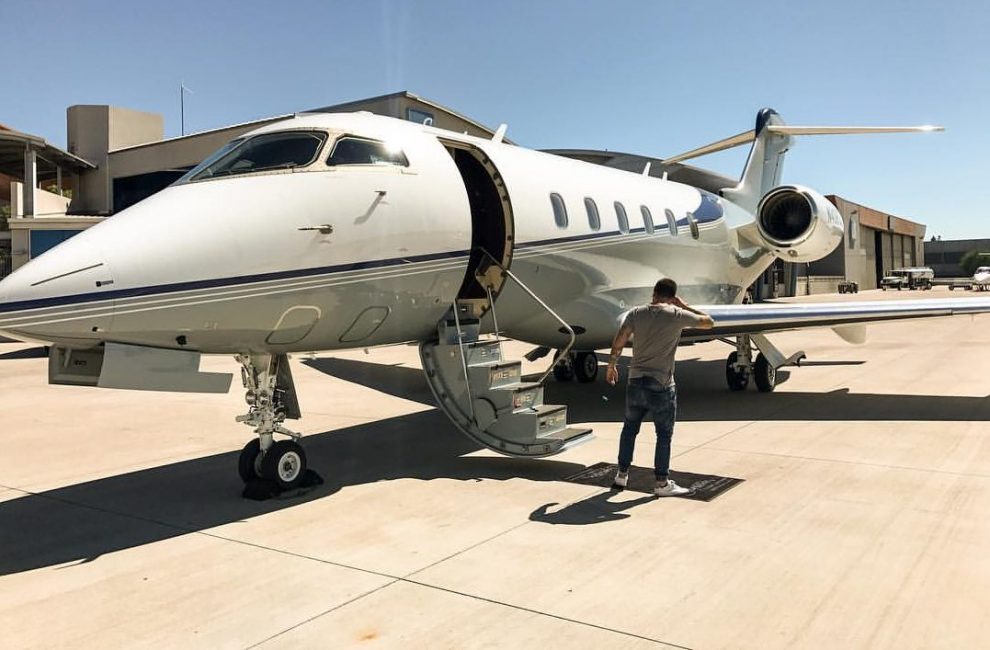It is a truism that the best way to earn money in business is to do so passively, whether through investments or through businesses that do not require hands-on engagement. However, there are fewer blueprints or handbooks for how to develop businesses that can sustain themselves in the long run. Ricky Aranda is an example of someone who has mastered this difficult balance – and who makes it look easy.
The current owner of an oil fracking trucking business in Odessa, Texas (Aranda Oil and Gas), a real estate company in Arizona (Emprea Real Estate), and RBA Group, a finance firm working with crypto, Aranda has long worked to create businesses that can function and generate profits in his absence.
Ricky Aranda, a former pro soccer player, has always been ambitious and astute. Yet, his real estate team, which is very active in the Tucson, Arizona, metropolitan area, works seamlessly even without him. His success may be intimidating to those just starting out, but he has distilled the process into several concrete steps.
He suggests that people first reframe their ideas about work: “People have to remember that if you work in a business that only pays you while you are there, you have a job, not a business.” Acknowledging that, the next step is to create a business – which is much easier said than done.
Aranda suggests that those trying to transition away from jobs and towards businesses focus on leverage, right from the beginning. How?
“You need to build that leverage through systems and people.” says, Aranda
It is not enough to build a team or act as a leader; instead, one must think about a longer-term strategy and leverage from the very beginning. The things to be leveraged are talent, processes, and enthusiasm.
Aranda’s Simple Three-Step Process
The leader should demonstrate or put in place the tasks and processes that define the business. This is critical for several reasons: First, the leader has to master the process. Second, it is critical that the rest of the team learns how things are done, and third, the organizational culture needs to form in a way that retains the leader’s values and strategies.
Therefore, individual and group mastery of processes and protocols is absolutely essential. The third step, however, entails many other processes: The leader must demonstrate the processes to others. This includes, of course, hiring trusted and talented workers who learn quickly – as well as ensuring that the leader is also well-versed in training.
Moreover, since all processes in business must be iteratively improved, the business owner or leader should retain involvement so that the business stays competitive.
Of course, the next step is delegating and having others run the business in absentia. This may be the most difficult step, but it is the key part of transitioning to a passive business. This has worked with all three of his ventures, even though they span a wide variety of industries and practices. Aranda’s template for success is bound to help anyone looking to make the leap from a job to being a business owner, and it shows that his enviable success in many different fields was not an accident: It was the result of a systematic, strategic approach to developing his firm.
This is a Contributor Post. Opinions expressed here are opinions of the Contributor. Influencive does not endorse or review brands mentioned; does not and cannot investigate relationships with brands, products, and people mentioned and is up to the Contributor to disclose. Contributors, amongst other accounts and articles may be professional fee-based.

